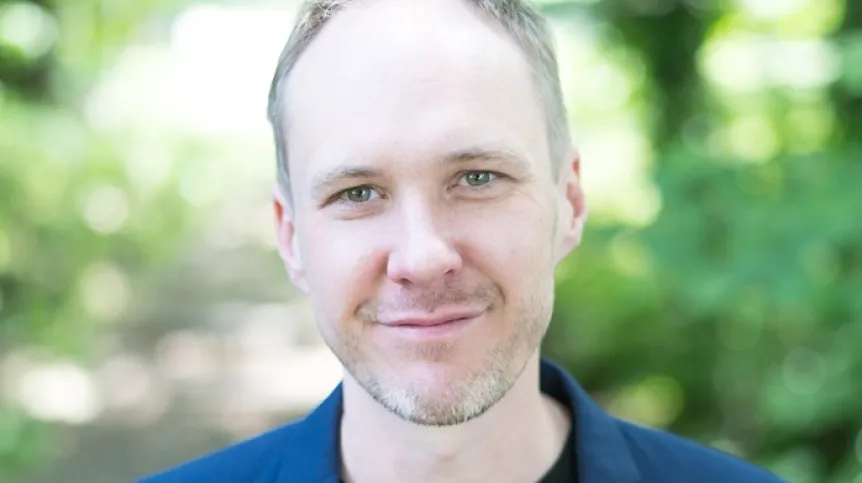
Professor Marcin Zajenkowski from the University of Warsaw has received the Ig Nobel Prize in Psychology for research showing that praising someone for their intelligence can temporarily increase narcissism.
The award, presented in Boston, recognizes unusual scientific studies that “first make you laugh and then make you think.”
Despite its humorous reputation, the University of Warsaw said in a press release that “all the recognized studies have real scientific value, have been published in prestigious, peer-reviewed journals, and their comic aspect is only an added bonus.”
This year’s laureates in psychology were Zajenkowski, from the Faculty of Psychology at the University of Warsaw, and Professor Gilles Gignac from the University of Western Australia.
Zajenkowski, who has researched narcissism and its relationship to intelligence for years, told the Polish Press Agency (PAP) that he was initially surprised by the award.
“Until now, I associated the Ig Nobel Prize exclusively with something funny. But when I started reading more about this award, I noticed that the concept of self-distance is key, and that resonates with me. Besides, it is an award for real research, published in prestigious journals; real Nobel laureates are present at the awards ceremony, and the laureates are interviewed in Nature, so the aspect of evoking a smile is nothing but an added bonus,” he said.
The award recognized a paper published in the journal Intelligence, which examined how intelligence feedback affects momentary levels of narcissism. The study involved 361 participants who took an IQ test and were randomly informed that their score was either above or below average.
“As a result, those who were told they had above average intelligence began to believe more in their own wisdom, felt exceptional, and experienced an increase in narcissistic grandiosity. Those who were told they performed less well, on the other hand, lost confidence—both in their assessment of their intelligence and in their sense of exceptionality,” Zajenkowski explained.
He added, “Interestingly, individuals with pronounced narcissistic traits were more resistant to negative feedback. This may suggest that narcissism can act as a protective shield against criticism.”
Asked what might be considered humorous about the study, Zajenkowski said: “We showed that by telling someone that they are intelligent (or not very bright), we can influence their momentary level of narcissism—boosting their self-confidence, self-esteem, and even thinking about their own greatness or uniqueness.
“Furthermore, what we think about our own intelligence can influence our well-being, motivation, and behaviour—regardless of how intelligent we actually are. The results of our research may make you smile, but of course, they have more serious consequences.”
Zajenkowski also studies narcissism in children. “Every personality trait has genetic causes, and in the case of narcissism, this is also influenced by the type of upbringing. That is why I study how parents perceive the intelligence of their children—even those as young as eight—and how this translates into their level of narcissism. Of course, it is common knowledge that every parent sees their child as unique. However, the point here is to shape an inappropriate image of the child, one without weaknesses. This fosters a belief in the child's greatness, one that is not backed by any real achievements,” he said.
Zajenkowski added: “Our results show that telling someone they are stupid or unintelligent can have broader consequences, for example, instilling in us a sense of superiority, of being better. Therefore, I encourage greater caution in using this concept and speaking about the intelligence of others.
“While narcissism is an old construct with about a hundred years of tradition, it has only been researched very dynamically in the last two decades. This is an area where much can still be done. And that is why I am researching it.”
(PAP)
Agnieszka Kliks-Pudlik
akp/ zan/ bar/
tr. RL













